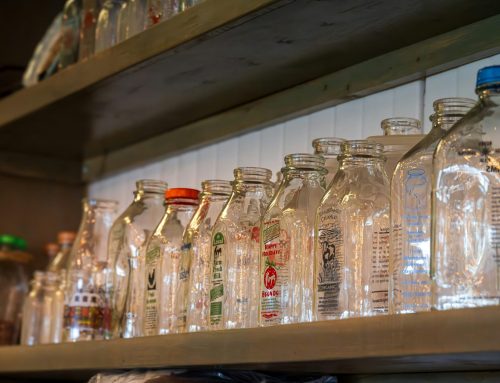In the late 1790s, smallpox ravaged the nation. Thanks to the invention of a doctor named Edward Jenner, vaccinations helped to bring the disease under control.
There is a laundry list of diseases since that time that we’ve almost forgotten about because the are rare. That’s due in part to the effectiveness of vaccines.
- Polio
- Tetanus
- Measles
- Rubella
- Hepatitis A and B
They play an important role with the diseases of today as well, including Covid.
According to the CDC, Vaccinations Will Play An Important Role in Stopping the Pandemic
Along with wearing masks, and social distancing, vaccines will help reduce your chance of being exposed to Covid, or spreading it to others, according to the Centers for Disease Control. Putting an end to the vaccine requires multiple approaches, and those are the most effective tools for stopping a disease of that course.
The CDC provides several resources for people who would like to know more about the vaccine, and the methods behind testing and approval. For instance, the criteria for an Emergency Use Authorization is only granted if the known and potential benefits of a Covid vaccine outweigh potential risk of the use. The CDC posted a video to help explain what an Emergency Use Authorization (EUA) is here.
The Disease Can Be Serious
There is no way to know exactly how the disease can impact you. If you are lucky enough to have a mild to asymptomatic case, you may still spread it to friends, family, or those you were in close proximity with over that time.
Doctors are studying both the natural and vaccine-induced immunity to better understand the process and what protections people may have. The risks associated with severe disease are too great to pursue a widespread path of natural immunity. This makes the immunity associated with the vaccine a significant part of overcoming this pandemic.








